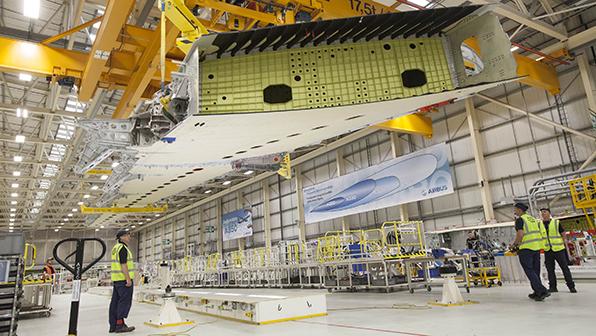
Ask the Editors: The Aviation Week Network invites our readers to submit questions to our editors and analysts. We’ll answer them, and if we can’t we’ll reach out to our wide network of experts for advice.
What’s your view on likely consolidation in the commercial aerospace supply chain?
Aviation Week Senior Business Editor Michael Bruno responds:
Merger and acquisition activity is frozen for now, but a supply chain battered by the temporary shutdown of Boeing’s 737 MAX line will see more pain ripple down as Airbus and Boeing lower production by at least 30%.
John Slattery, president and CEO of Embraer Commercial, talks with multiple airline CEOs every day. Four weeks ago, he believed airline production would return to 2019 levels in 2021. Today, he’s estimating it will take 3-5 years to get back to 2019 levels—an assessment now shared by Boeing CEO David Calhoun.
Aerostructures suppliers are most vulnerable to the rate cuts. Engine-makers also will be hit hard, and the long-term survival of Rolls-Royce as an independent company remains a question because of its dependence on the weaker widebody aircraft market and exposure to the hard-hit maintenance, repair and overhaul market.
The lion’s share of consolidation likely will occur in the lower levels of the supply chain, driven by financial distress at Tier 2/3 machine shops and build-to-print parts manufacturers, many of which are family-owned.
The crisis should lead Boeing and Airbus to ease up their relentless cost-cutting pressure on suppliers. It also should slow their push for vertical integration—producing aircraft seats in-house, for example—which looked smart when the industry was growing rapidly but now burdens them with big fixed costs in a downturn. A wild card: How much aid will aerospace suppliers receive from governments? In the U.S., that is still to be determined.
There is one bright spot: Suppliers with exposure to the defense market should be cushioned in the near term by robust Pentagon spending. But massive debt being taken on by governments in response to the COVID-19 economic crisis could put pressure on future defense budgets.





